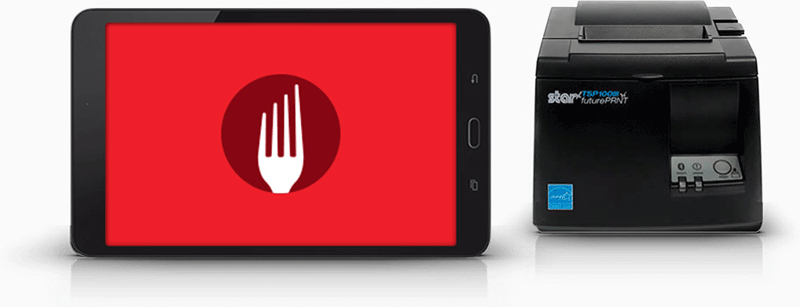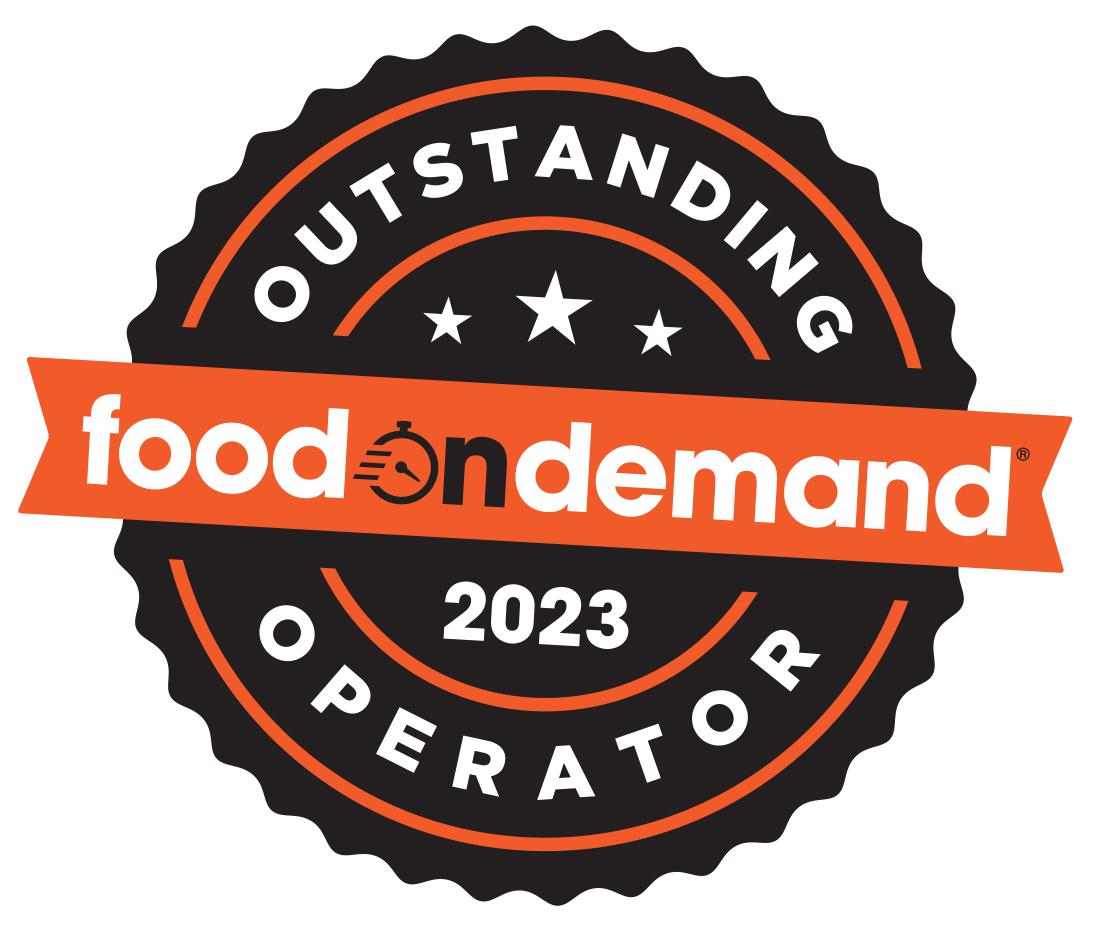Your Fare, one of the handful of service companies helping restaurant operators make sense of digital delivery, announced a successful venture funding round of $2.4 million.
Founder and CEO Chris Monk said the company, which started as a basic accounting tool for online delivery services, has evolved into a more robust offering, including a singular tablet for restaurants, point-of-sale integration and menu management. He said a key thing for clients lately has been offloading delivery-service support issues to Your Fare staff.
“Really, where we’ve seen the tablet go is providing support, instead of the staff having to call the delivery provider, they can just hit the support button. It pulls the order and our staff will reach out to that third-party service,” said Monk. “Instead of sitting on the phone for as much as 45 minutes on a busy night, our staff will do that and make sure the problem is resolved whether it’s cancelling an order or adding an upcharge because they put fries in the suggestion box instead of adding it to the order; which I call creative ordering.”
He said the menu-management-across platforms has become another quality-of-life perk for partners.
“You can imagine: You pull down a menu from DoorDash from the point of sale (which) is time consuming (because) most companies are doing this manually. If DoorDash were to send them a chicken Caesar salad it will come in as an order ID. But when you inject that into the POS it might be three or four modifiers added to it,” said Monk.
That creates complexity and when something doesn’t match in several systems, the whole system’s orders might not go through, go through wildly wrong or the entire system can fail. Keeping that all up to date either requires technology or a lot of manual hours that take operators away from operating the restaurant.
“Updating all the menus online is very tough, and if you don’t have API integration, it’s a very manual process,” said Monk.
Since entering the space in 2015, he said it’s been quite a ride. And despite some of the ugly headlines and missed results from delivery providers, investors are still excited about early-stage companies that can lean into this maturation. He recalled an article by Grubhub founder and CEO Matt Maloney projecting a $70 billion opportunity with third-party delivery
“Last year we saw an article in Forbes saying by 2025 it would reach $200 billion,” said Monk, “to be in a space with that much growth is very fortunate.”
While the big players talk about doing integrations and expanding services, he said there’s not a lot of danger for the various companies like his that lie between the big providers, restaurants and other vendors. While some delivery-platform companies are doing integrations, there are scores of point-of-sale providers that need connecting and scores of restaurants that might get an Uber-made connection, but still want to integrate with other providers. And the need for restaurants to wrangle all this data only becomes more important as the industry grows.
“You have to think long term,” said Monk. “You may not have your own online ordering solution and you’re just relying on third-party. Then, three or four years down the line, you’ll have no customer database, thinking, ‘I wish we did this three years ago.’”
Monk said he expects to do a second raise or another angel round in 2020. If the company meets some big goals, it could be a proper series A round and mean a serious cash infusion. For now, he said a small raise was the best path for the company.
“We didn’t have to go to some big VCs yet, we could stick to what our core is and keep control and how we want to build it,” said Monk.
He said the money will go toward clearing some prior financing off the books and investing in both support and the sales teams to help scale the company as the engineering team continues to work on more and more integrations.




